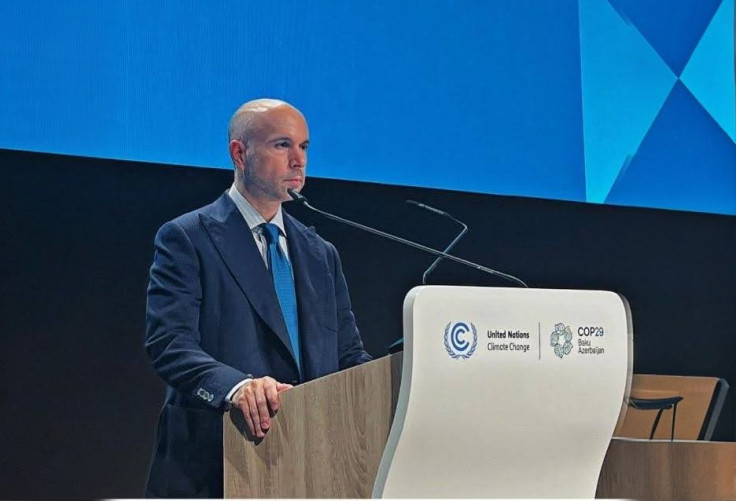A Conservative for Climate: A View from the Right in an Age of Denial
Why true conservatism means confronting climate change head-on

I am, by instinct and upbringing, a conservative. I believe in responsibility, tradition, and a limited but effective role for government. And I am also, unequivocally, a believer in the science of climate change.
For this, I have become a sort of black sheep in my political pasture.
It is not easy to hold this position, particularly in recent years, as climate scepticism has crept ever deeper into Right discourse. What once might have been cautious engagement with environmental challenges has hardened, in many corners, into dismissal or denial. I have watched as thoughtful debate gave way to slogans and contrarian posturing, often wrapped in the false mantle of defending economic liberty or national sovereignty.
I fear this is a deeply misguided turn.
My belief in the reality of climate change is not ideological. It is empirical. I trust the overwhelming scientific consensus. I have seen with my own eyes the changes unfolding in the world around us: rising seas, shifting seasons, intensifying storms, and climate refugees fleeing from once-liveable lands. This is not speculation. It is evidence.
Climate change is not merely an environmental or political issue, it is a question of societal evolution. History has repeatedly shown that the societies which flourish are those that adapt to new realities. Modern civilisation's future will depend on its ability to develop and deploy the technologies that can mitigate and adapt to climate change.
To deny the challenge of climate change is to stand against the very evolutionary path that brought us here. Climate action is not a break from human history; it is a continuation of our most successful instincts: to learn, to adapt, and to advance.
Net Zero and the green economy represent not a burden on capitalism, but its next and more mature stage. Where earlier industrial models profited by externalising environmental costs, the green economy internalises responsibility, efficiency, and long-term value. This is not anti-business; it is pro-future. Clean energy, circular production, sustainable finance, and climate-resilient infrastructure open vast new markets, drive innovation, and reduce systemic risks.
For those willing to lead, the transition to Net Zero is not just ethically sound, it may be the greatest business opportunity of the 21st century.
This is not a '.com' bubble. It is about the transformation of how we power our homes, build our cities, move people and goods, and grow food. This transition is not only inevitable and unstoppable, driven by environmental necessity, it also represents the largest development opportunity since World War II. Just as the reconstruction of that time lifted millions into prosperity, today's climate transition will create new jobs across sectors and geographies, ushering in a new era of innovation, resilience, and shared growth.
In our best traditions, we honour what we have inherited, and we preserve it for those yet to come. That principle should apply no less to the environment than to the economy or the constitution. A stable climate is not a luxury. It's a precondition for civilisation.
I do not favour reckless regulation or utopian green plans that disregard economic reality. But the dichotomy between climate action and economic strength is false. Innovation, markets, and long-term investment, these are tools we can wield. Clean energy can be competitive. Climate resilience can attract capital. A thoughtful conservative must shape policy that is both environmentally responsible and economically sound.
What troubles me most is the abandonment of good faith. I see fellow conservatives belittling climate science, mocking youth activism, or treating environmental concern as a leftist affectation. In doing so, we risk ceding the entire field to others.
Climate advocates should also realise that, at times, missteps in messaging and strategy have unintentionally alienated segments of society. When climate action is framed as a wholesale rejection of modern life, it can trigger resistance rather than reflection. This has made the task of building broad-based support far more difficult. Advocacy must be grounded not only in science but also by engaging the unconvinced.
I do not claim to have all the answers. But I know this much: it is possible to be a proud conservative and a committed advocate for climate action. And it is necessary because the consequences of inaction will not respect party lines or national borders.
So yes, I may be the black sheep. But I believe in staying the course. Not to provoke. Not to posture. But to conserve truly, deeply, and wisely. Because to conserve the Earth is the most conservative act of all.
© Copyright IBTimes 2025. All rights reserved.





















